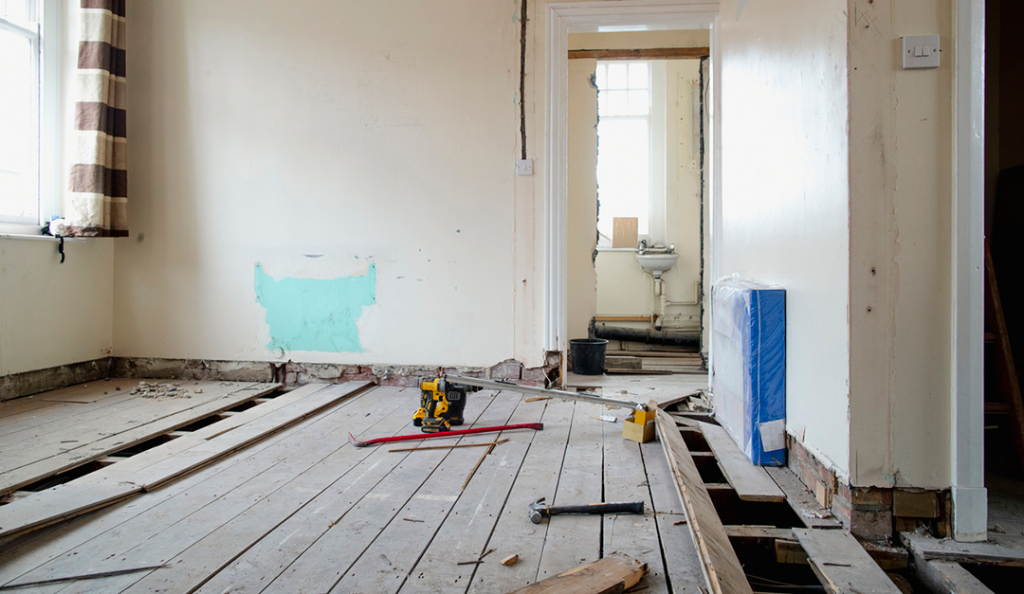Flipping houses has become popular in recent years, thanks to TV shows highlighting dramatic transformations and large profits. Whether it is a handyman’s hobby or a contractor’s livelihood, there are many opportunities to make money through this process. However, while it’s definitely possible to earn some extra cash by buying a house, renovating it and selling it, it’s also possible to lose a bundle. Here is everything you need to know about flipping a home.
Pros of Flipping an Old House
Buying an old home to flip can be a smart idea in some cases. If the house has been sitting empty for a fairly long period of time, you may be able to purchase it at a lower price. If it’s in good condition overall, and the work it needs is mostly straightforward and cosmetic, you may be able to make a significant profit.
Cons of Flipping an Old House
Older homes can have many problems such as a leaky roof, a cracked foundation and drafty windows. The heating and cooling systems, electrical wiring and plumbing may also need to be updated. It may not have enough bathrooms for a modern family, or they may not have amenities that today’s buyers expect. You may also discover health hazards, such as mold or asbestos, which can quickly become a costly fix.
Know What You’re Getting Into
You should always have a house inspected before making a purchase, but this is especially important when buying an old house that you intend to flip. Have a contractor you trust thoroughly inspect it, along with a professional home inspector, and make a list of necessary repairs to determine how much it may cost to fix the problems and flip the house.
Even if a contractor and an inspector perform detailed inspections, there may be additional problems that go unnoticed. Home flippers often start tearing out walls to renovate and discover other problems that they couldn’t have known about earlier. Expect the final renovations to cost up to 25% more than your initial estimate and be sure to build cost overruns into your budget at the outset.
Plan to pay for permits and holding costs, or expenses while you’re working on the house. These can include a mortgage, taxes, insurance, lawn care and snow removal. If work is delayed for some reason, your holding costs will grow, so be sure to plan seasonally and consider all risks.
What to Fix and What to Leave Alone
Think about the needs of potential buyers. Focus on areas that families will use on a regular basis, such as the kitchen and bathrooms, and update as necessary. Make sure the house has enough electrical outlets to handle the many devices a family might use, and that they are safe.
If the house has historic windows, replacing them could be a bad idea since it would detract from the house’s charm. Sealing these windows, however, can make the house more energy efficient and appeal to budget-conscious buyers, all while maintaining its historic character. Keep other historic features that would attract buyers, such as crown molding and original flooring.
Be careful not to go overboard when renovating an old house. If you fix it up so that it’s worth more than others in the neighborhood, you may have trouble finding an interested buyer. Significantly increasing a house’s value would lead to high property taxes that could discourage prospective buyers from considering it.
Agents, want more tips like these to share with your existing and prospective clients? Check out our automated social media marketing platform, ACESocial.








